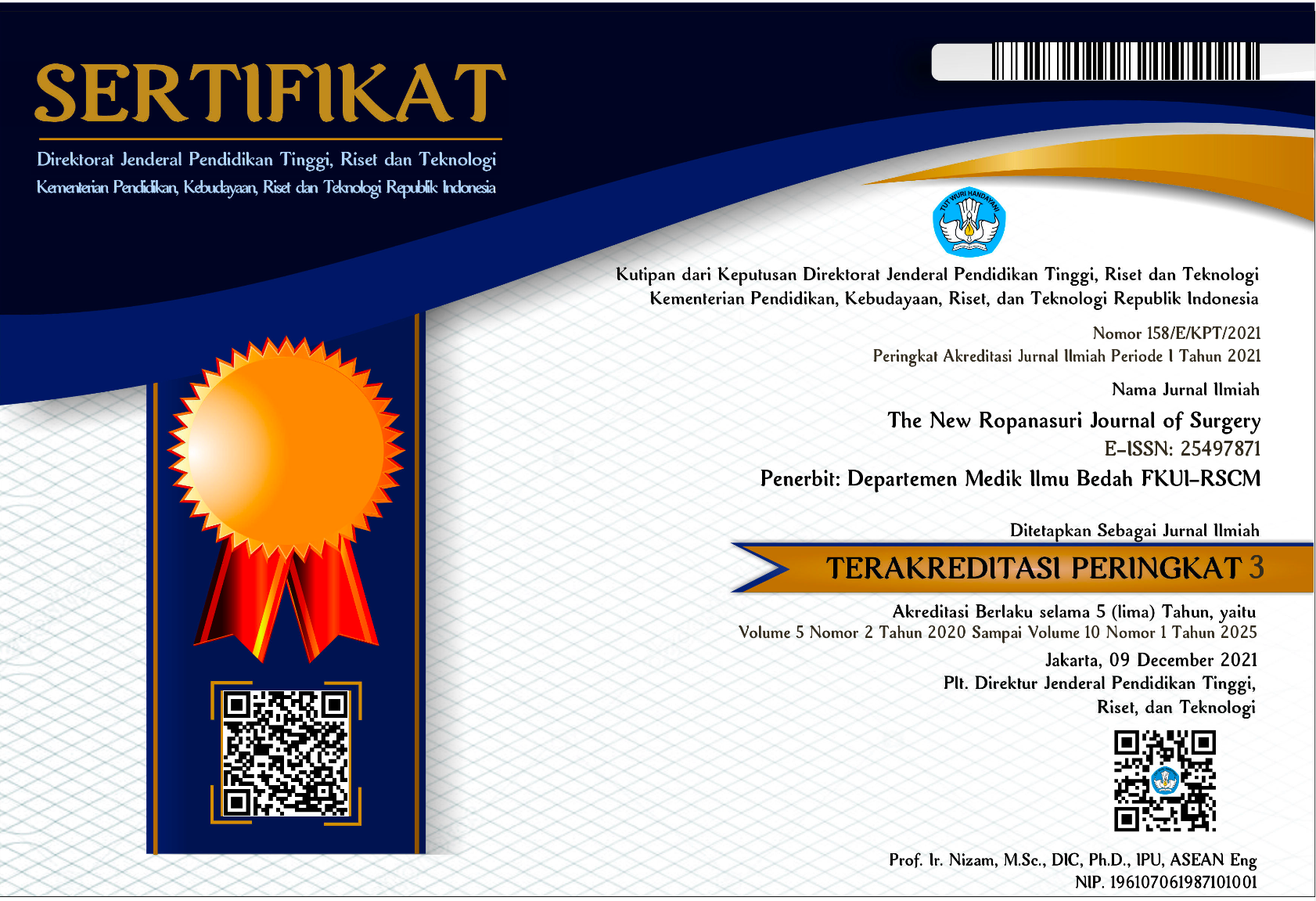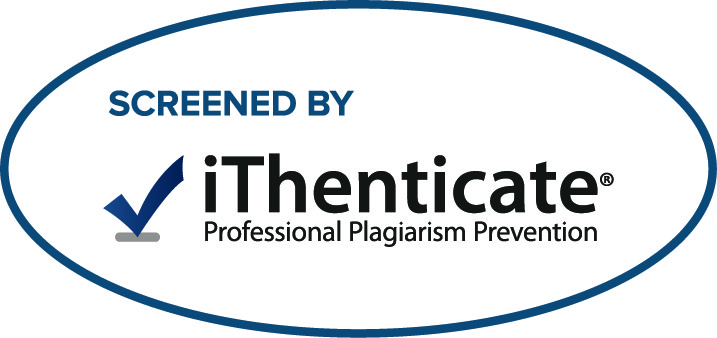Abstract
Introduction. Oral anticoagulant therapy is commonly used to prevent deep vein thrombosis (DVT). However, it might increase the risk of intraoperative and postoperative bleeding. Graduated compression stockings (GCS) reduced DVT risk, but there is a lack of supporting evidence. Thus, the study aimed to find the efficacy of GCS compared to the pharmacological method in high-risk surgical patients.
Method. Literature search proceeded in Cochrane, ClinicalKey, and PubMed. Using keywords graduated compression stockings" or "mechanic" or mechanical") and ("pharmacologic" or "oral anticoagulants" or "NOAC") and "comparison" and "prophylaxis" and ("DVT" or "deep vein thrombosis) and ("surgery" or "surgical").
Results. There were six articles reviewed (27,966 participants). The analysis focused on follow-up, diagnostic method, GCS application days, thromboprophylaxis baseline used, and outcomes, i.e., DVT and pulmonary embolism. No statistically significant clinical advantage was found in surgical patients using the mechanical method of GCS for DVT prophylaxis over the pharmacological method.
Conclusion. No significant clinical advantage of using the GCS for DVT prophylaxis over the pharmacological method but preventing intraoperative and postoperative bleeding. However, the efficacy of GCS remains an issue to be evaluated, as recently supported by insufficient data. However, GCS implementation as a prophylactic method in surgical patients with a high risk of DVT contraindications for pharmacological prophylaxis is safe.
Recommended Citation
Pratama, Dedy and Simatupang, Satria M.H
(2022)
"Graduated Compression Stockings for Deep Vein Thrombosis prevention in Surgical Patients: A Systematic Review,"
The New Ropanasuri Journal of Surgery: Vol. 7:
No.
1, Article 6.
DOI: 10.7454/nrjs.v7i1.1113
Available at:
https://scholarhub.ui.ac.id/nrjs/vol7/iss1/6













